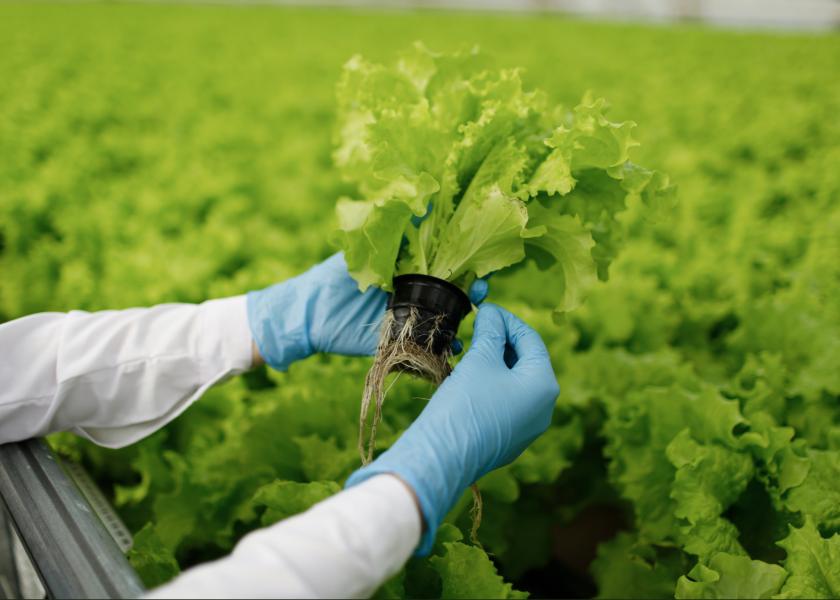Food safety experts offer help to prepare for FSMA 204

On Nov. 7, 2022, the Food and Drug Administration sent a shot across the bow of the fresh foods supply chain when it published the final version of the Food Traceability Rule, also known as FSMA 204.
While the rule filled critical traceability gaps in the supply chain by adding requirements for both the first mile (grower to shipper) and last mile (warehouse to store or restaurant), the scramble to fulfill these new requirements and getting knowledgeable guidance has left the industry searching for answers and efficient solutions.
The intent of FSMA 204, which goes into effect Jan. 20, 2026, is to allow regulators to identify the source and extent of foodborne illness outbreaks faster to alert the public and avoid widespread public health issues. FSMA 204 requires tracing each carton back to the farm, ranch or lot and reporting the information to FDA regulators within 24 hours. Most companies could gather and report the information today at the pallet level, but once a pallet is broken down and distributed, the detailed information is lost.
To help the fresh produce supply chain achieve FSMA 204 compliance, food safety consulting firm Inteligistics is offering tailored consulting services to help companies identify processes and methods to address this industry dilemma, according to a news release.
“FSMA 204 doesn’t impose specific requirements on growers such as carton level labeling or electronic records, but as retailers look for their own compliance solutions, they are likely to need participation from their suppliers,” Rao Mandava, Inteligistics CEO and chairman, said in the release.
The final rule will require companies across the fresh foods supply chain to work together to develop solutions that work for all parties, he continued.
Related news: Report: Tech-enabled traceability to help food safety efforts
“It also presents the opportunity for companies to use supply chain digital data systems to gain additional efficiencies, reduce costs and increase revenues,” Mandava said in the release. “The results from using these advanced technology processes can offset the cost of the regulatory requirements and can result in a stronger partnership with your trading partners and a profitable return for all.”
While companies must comply with FSMA 204, they have a choice whether to approach this as a regulatory compliance expense or as a supply chain automation investment with a net bottom-line benefit, Lawrence Mallia, Inteligistics vice president of digital transformation, said in the release.
“The ultimate benefit comes from a comprehensive, end-to-end data platform that includes digital data collection and reporting. This information is then applied to advanced technologies such as artificial intelligence and machine learning for efficiency improvements in systems such as cooling assets, cold storage warehouses, retailer inventory picking systems, and even predictive shelf life,” Mandava said in the release.
The key to a successful digital transformation is planning and implementation, including development of a digital twin or parallel system to identify process issues and fine-tune the approach before full implementation, Mallia added.







